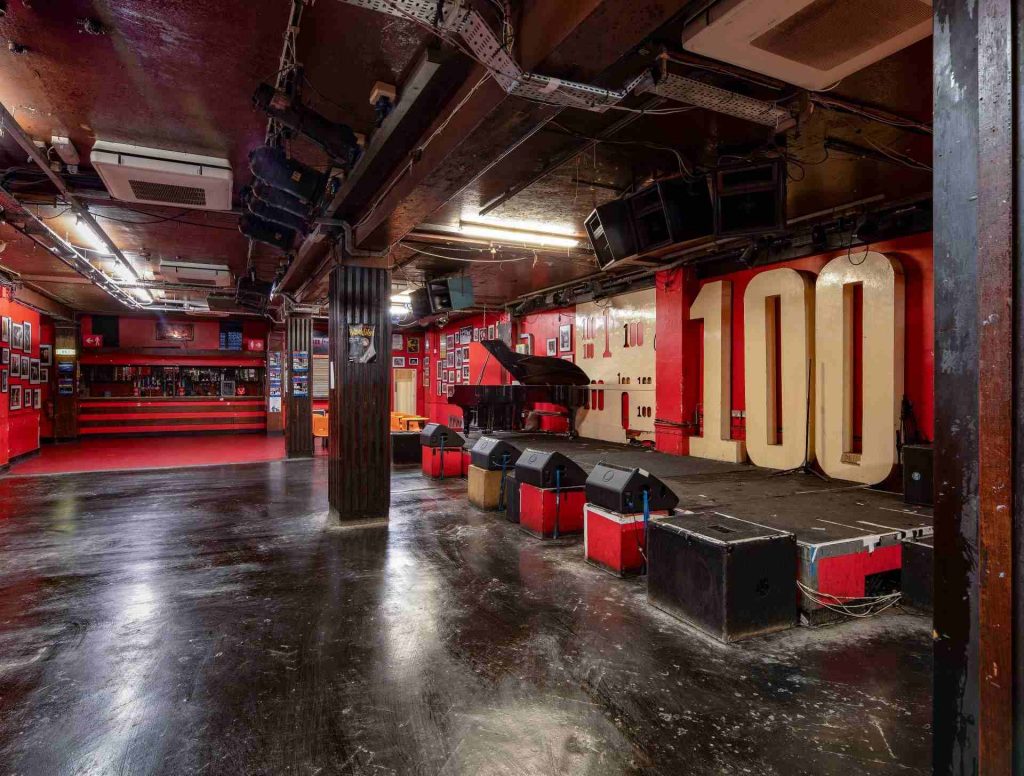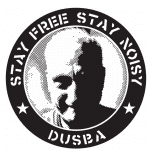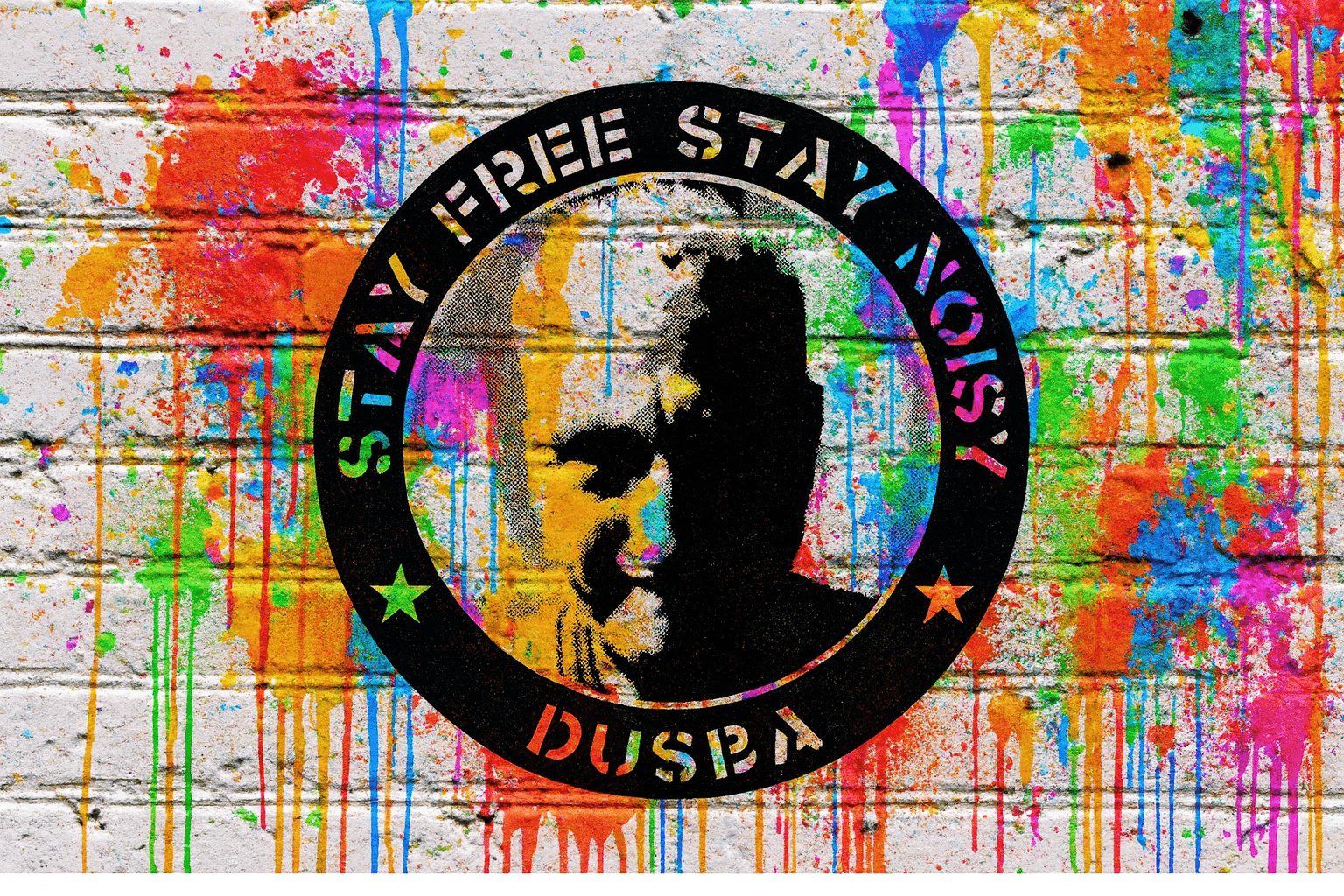Soho – A Place Where Punk Found Its Voice
Just as King’s Road in Chelsea can be considered the cradle of punk fashion, the Soho district became, from the mid-1970s onward, the place where punk music took shape. Several key venues were located here — most of which, apart from the 100 Club, no longer exist.
Club Louise, 61 Poland St, London W1F 7NU
In 1973, Club Louise became one of the first lesbian clubs in Soho. It was run by Madame Louise, a chic older French woman known for her distinctive style. By 1976, the club had transformed into an early punk refuge — one of the few places punks could go without being harassed. It attracted the so-called Bromley Contingent, a group of regulars who included key figures from the emerging punk scene. Among the notable names associated with the club were: Sid Vicious, Siouxsie Sioux, Sue Catwoman, Simon ‘Six’ Barker (who later settled in Prague, working as a photographer and fashion designer), Steve Jones, Paul Cook, Joe Strummer, Debbie Juvenile, Bertie ‘Berlin’ Marshall, and Steve Severin.
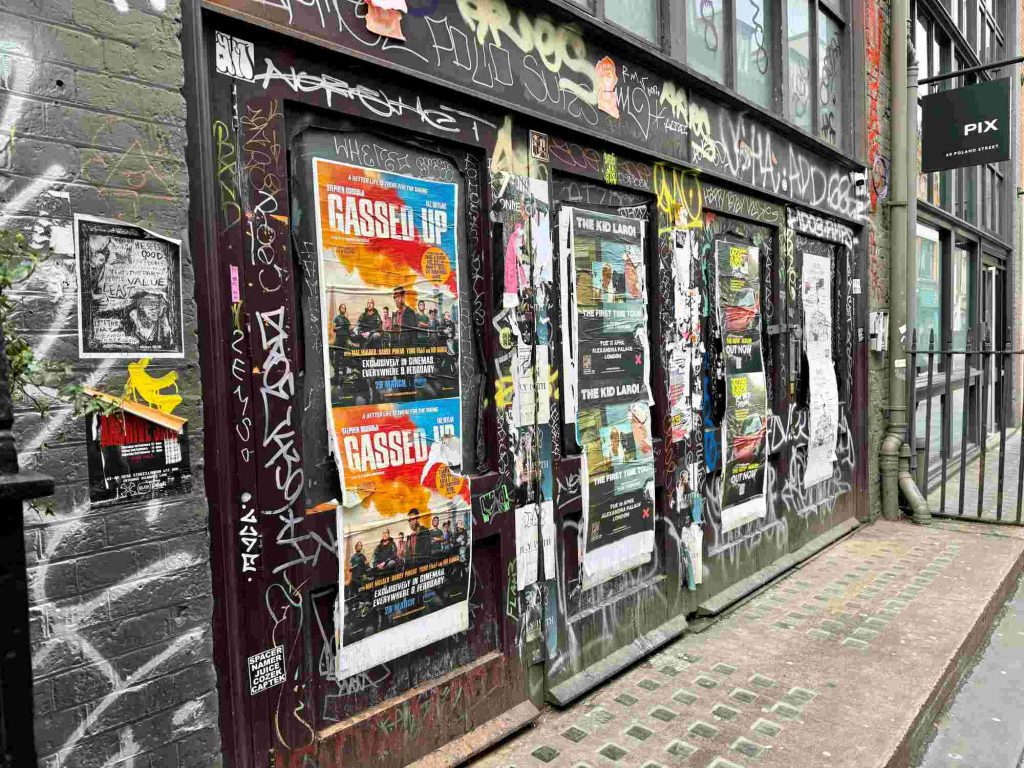
The Vortex, 203 Wardour St, London W1F 8ZH
The Vortex was founded by Andy Czezowski, co-founder of the legendary Roxy Club. After Roxy closed, he sought a new home for the punk scene — and found it here. During its brief but explosive heyday, the Vortex became tightly linked to punk. It hosted bands like The Buzzcocks, The Fall, Siouxsie & The Banshees, Generation X, Sham 69, The Police, and Tubeway Army. The club was known not only for its music but also for its wild atmosphere. It was a magnet for punks and curious onlookers drawn to the chaos. Violence was not uncommon, and due to escalating conflicts and a tarnished reputation, the club shut down after just nine months. Still, it was a space where punk identity was powerfully shaped.
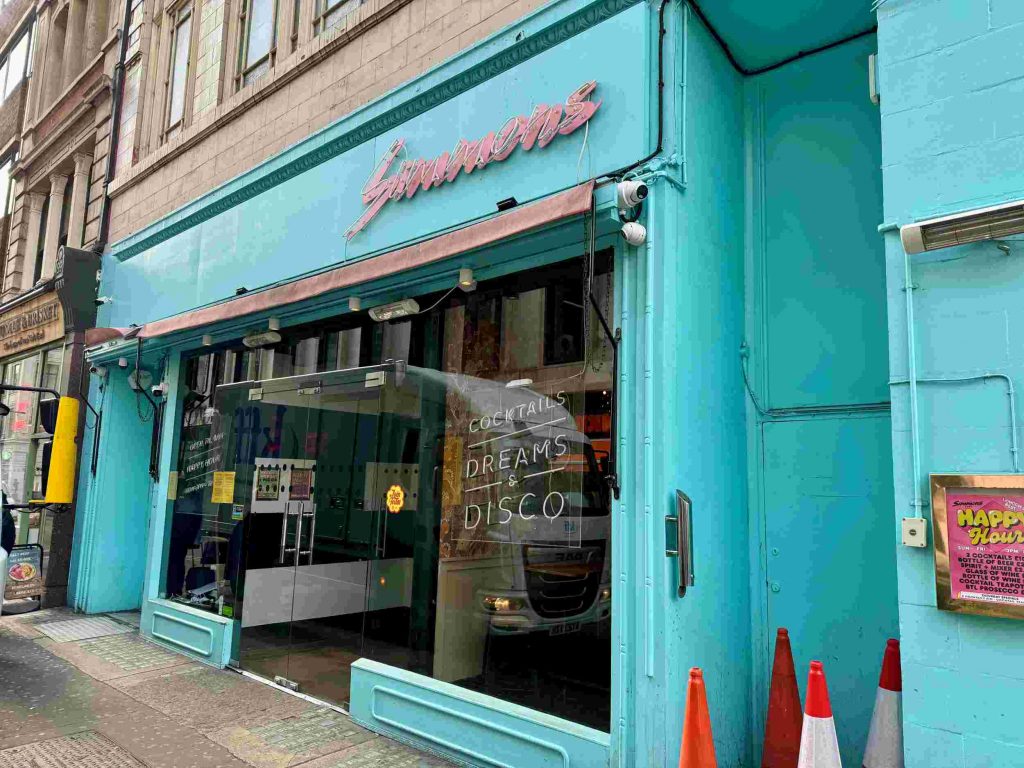
The Marquee, 90 Wardour St, London W1F 0TH
Originally known for its ties to the British blues scene of the 1960s, the Marquee later became a vital venue for punk. Bands that played here during that era included The Damned, The Jam, The Stranglers, Spizz Energi, and Motörhead. At one point, the club even banned the Sex Pistols after Johnny Rotten allegedly stabbed the sound system of Eddie and the Hot Rods with pencils. The ban didn’t last long. The Marquee earned the nickname “Soho sauna” — people were packed in to the point of collapse, and air had to be let in through the back doors. The floor was sticky, the toilets disgusting, the beer terrible. But the atmosphere? Unforgettable. Everyone who was there remembers the black walls, peeling paint, tomato crisps, and the smell of dirty rock. The Marquee was open seven days a week, from 7 to 11 p.m. In the 1980s, it moved to Charing Cross Road, but the magic of the original Wardour Street location was never recaptured.
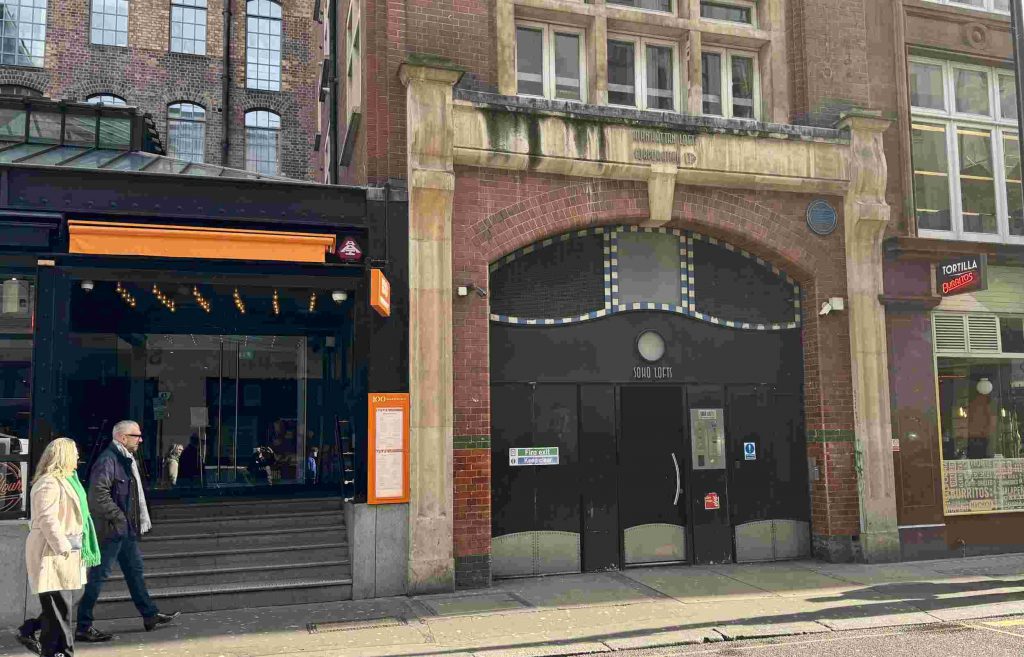
100 Club, 100 Oxford Street, London W1D 1LL
This place is more than just a music venue — it’s a living monument to British music history. From 1942, when it hosted jazz under the name Feldman Club, to today’s nights filled with indie, punk, ska, reggae, and alternative sounds, the club has preserved its independent spirit. Its history is documented in vintage photographs on the walls. Looking at them feels like stepping back decades in time. The iconic “100 Club” sign behind the stage has remained virtually unchanged since the 1970s.
In September 1976, the club hosted the first international punk festival — the legendary 100 Club Punk Special. It was a turning point, when punk emerged from the underground and entered public consciousness. Bands that played included: Sex Pistols, The Clash, Siouxsie and the Banshees (whose performance was entirely improvised — Siouxsie recited the Lord’s Prayer), Buzzcocks, The Damned, Subway Sect, The Vibrators, and the French band Stinky Toys.
In 2020, the club became the first music venue in the UK to receive Localism Relief — a 100% business rate exemption granted by Westminster Council. This support was the result of a long campaign led by the nonprofit Music Venue Trust, which advocates for the preservation of independent music spaces across Britain. Another key supporter is fashion brand Fred Perry, long associated with British music and subcultures. Together with the club, they host special concert series such as Fred Perry Subculture Nights.
As of 2025, the club is still going strong. Its vibrant program ranges from punk legends to emerging alternative acts. One highlight is the annual January Resolution Festival — a week-long celebration where punk bands perform every night. Acts include U.K. Subs, G.B.H., Discharge, 999, Subhumans, and many more.
The 100 Club is one of the best venues I’ve ever visited. The atmosphere is electric, and with two bars flanking the stage, it’s a place I always return to with joy.
